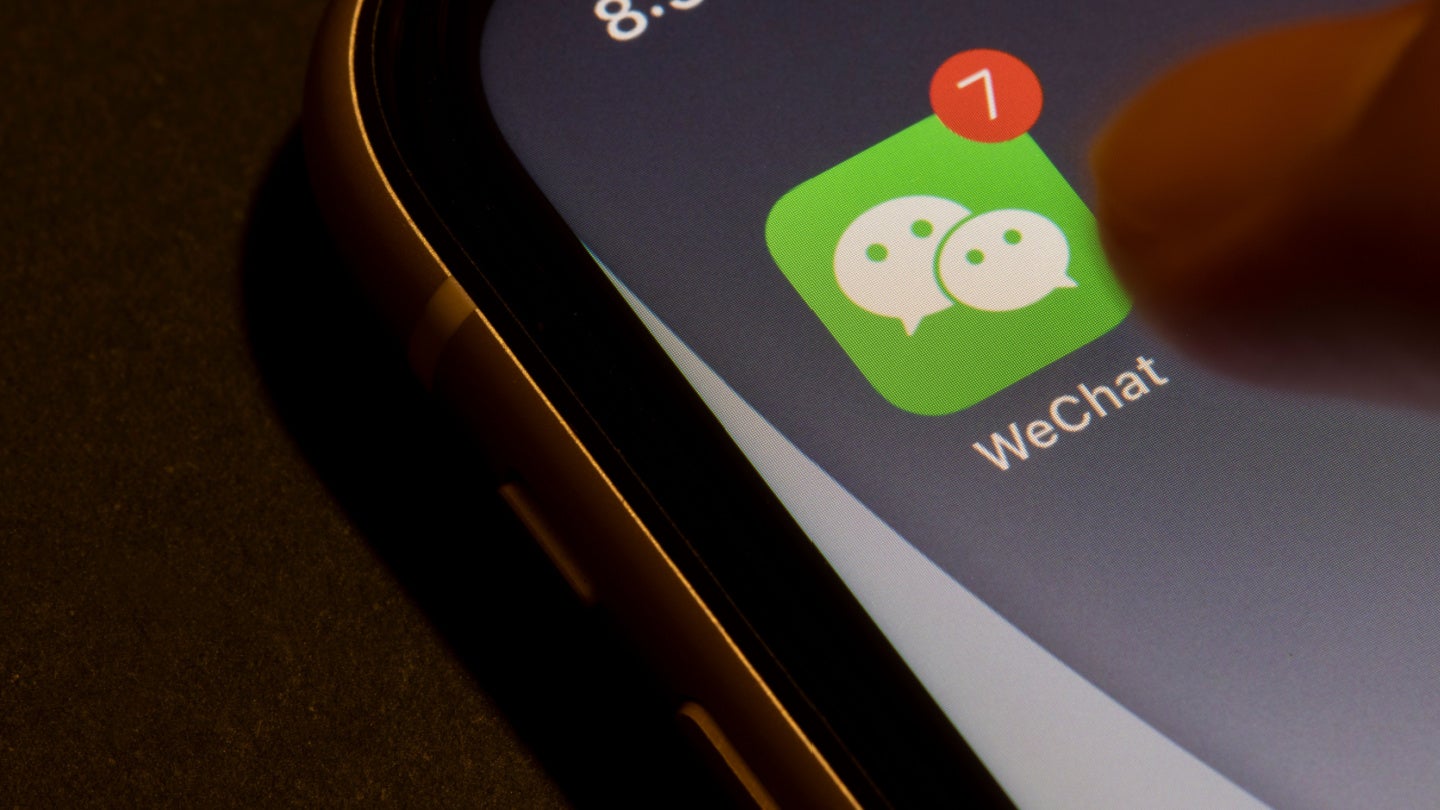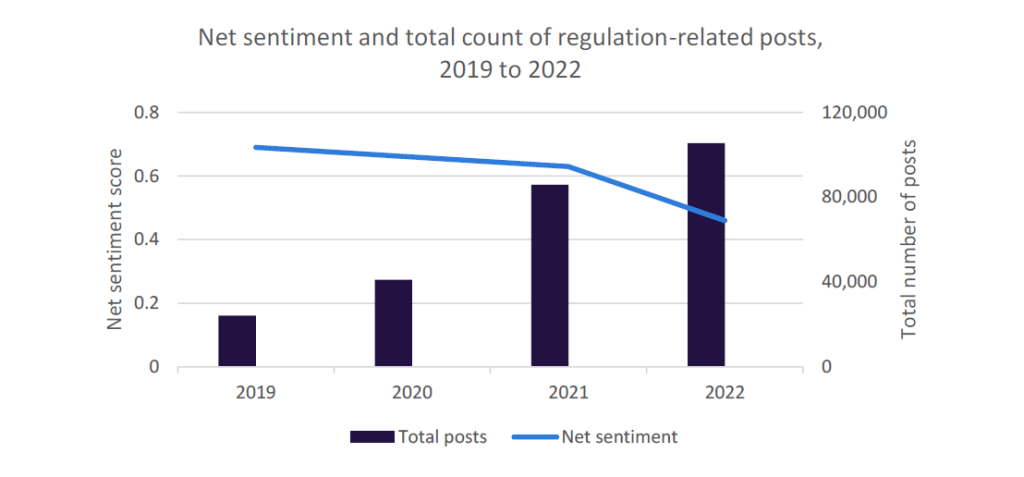
The government of Canada has announced it has banned Chinese messaging platform WeChat and Russian antivirus application Kapersky from government-issued devices in a statement.
The ban is effective immediately and the Canadian government credited the decision with its commitment to keeping government information and networks secure.

Access deeper industry intelligence
Experience unmatched clarity with a single platform that combines unique data, AI, and human expertise.
Canada’s Chief Information Officer, Catharine Luelo, was behind the decision that both applications were unsafe for government devices. In its statement, the government said that whilst there are obvious risks to using both WeChat and Kapersky, the Canadian government had not been compromised before the ban.
WeChat is currently one of China’s largest social media sites with around 1.3 billion monthly active users as of March 2023.
Anita Anand, President of the Treasury Board of Canada, stated that the government was taking a “risk-based” approach to cybersecurity.
“The government of Canada continuously works to safeguard our information systems and networks to ensure the privacy and protection of government information,” she stated, “We will continue to regularly monitor potential cyber threats.”

US Tariffs are shifting - will you react or anticipate?
Don’t let policy changes catch you off guard. Stay proactive with real-time data and expert analysis.
By GlobalDataMeanwhile, research analyst GlobalData’s 2023 thematic intelligence report into tech regulation found that online discussion over tech regulation has become more negative in nature within the last four years.

Social media posts made about the theme of tech regulation have increased by over 300% between 2019 and 2022. However, the net sentiment of these posts has been steadily declining. According to GlobalData analysis, this suggests a more cautious approach to online debate.
This dip in sentiment also suggests a hesitancy towards further tech regulation, for fears that it may hamper innovation within the sector according to the analyst.
GlobalData also notes that governments worldwide are becoming increasingly concerned about social media. Whilst governments are cracking down on hateful content posted to social media sites, espionage and cybersecurity threats are further becoming a priority.
Many US states and countries, such as Austria, have already banned social media app TikTok from government-issued devices stating similar security concerns.
Our signals coverage is powered by GlobalData’s Thematic Engine, which tags millions of data items across six alternative datasets — patents, jobs, deals, company filings, social media mentions and news — to themes, sectors and companies. These signals enhance our predictive capabilities, helping us to identify the most disruptive threats across each of the sectors we cover and the companies best placed to succeed.







